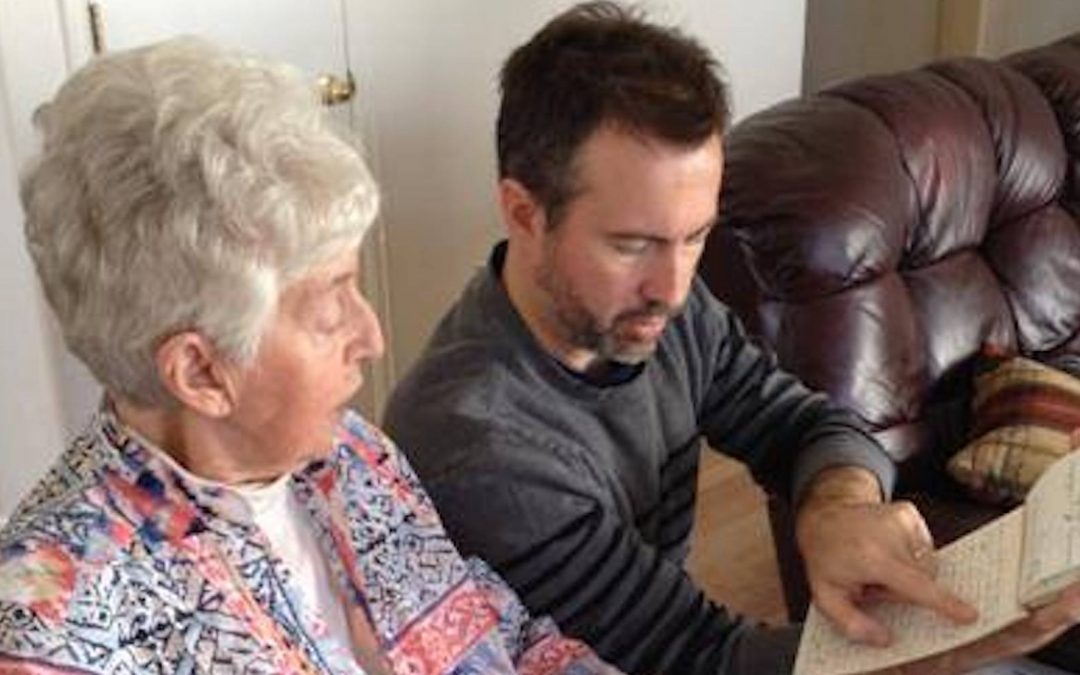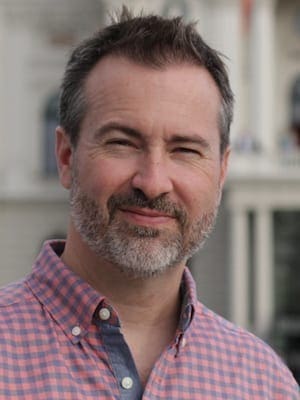My most intense exposure to the topic of genocide occurred from 2014 to 2016, when I co-produced a documentary on the 1966 genocide in Nigeria, in which Igbo tribespeople in particular were targeted for killing and for expulsion from certain parts of the country.
Prior to the assignment – which I undertook at the direction of Robert Parham, EthicsDaily.com’s founder and missionary kid from Nigeria – my relationship with “genocide” was one of processing it intellectually from occasional news reports about atrocities in some corner of the world. Genocide felt mostly distant.
Working on “The Disturbances” – our feature documentary film about the role Christian missionaries and Nigerian pastors played saving lives amid the horror – changed my relationship to the word.
Spending a couple of years of one’s life interviewing genocide survivors and witnesses, sifting through reports of hell, encountering stomach-turning photographs – these things stay with you.
And I still had decades and miles of distance to shield me from the actual terror of one person killing another.
My role in all of this was as chronicler. Robert had known, from 1966 until 2014, that dozens upon dozens of missionaries and pastors in-country had worked in various capacities to mitigate the killings.
He was unsure of what evidence remained of this narrative, but he wanted to inquire. He did. We did. We found more than we thought possible.
“The Disturbances” premiered in September 2016 – half a century on from the targeted killings of tens of thousands of Nigerians by their fellow Nigerians.
We screened it across the country and sold it on DVD. It’s now available free online.
The film has logged more than 23,000 plays online, with most coming from Nigeria, Africa’s most populous country and largest economy.
The city on the planet having played it the most isn’t Nashville or Atlanta or Kansas City, but Lagos, Nigeria’s largest city.
Now I understand that much of the film’s appeal resides in the simple fact of its existence, which constitutes a remembering. A not forgetting. A see-this-happened artifact.
To illustrate: My most memorable screening occurred in Chicago in September 2017 at the World Igbo Congress.
After the film, I couldn’t even get to the display table outside the hall to begin sales; I was immediately surrounded by dozens and dozens of hands offering $20 bills for a copy.
I can only imagine the frustration and anger that must follow from a sense of being forgotten, ignored or told it wasn’t that bad (all of which have happened in this case).
Ample evidence suggests that what happened to Igbos and others in 1966 Nigeria was indeed that bad.
Those terrors, of course, did not develop in a vacuum, but moral and historical indifference can perhaps consign them to one.
I must also say that “The Disturbances” has appealed to Igbo communities partially because “outsiders” made it.
True, Robert grew up in Nigeria, familiar with, if not belonging to, its cultures. Nevertheless, his impetus for the project stemmed from witnessing the genocide, not from being personally targeted. I saw Igbos point out the importance of this fact on more than one occasion.
Many of those we interviewed for “The Disturbances” – and Robert, too – have died, but now their memories and evidence of some of what happened in 1966 are with us all.
Editor’s note: This article is part of a series of articles published this week in recognition of April as Genocide Awareness and Prevention Month. The previous article in the series is:
Genocide: How Many Times Do We Keep Saying ‘Never Again’? by Eddy Ruble


